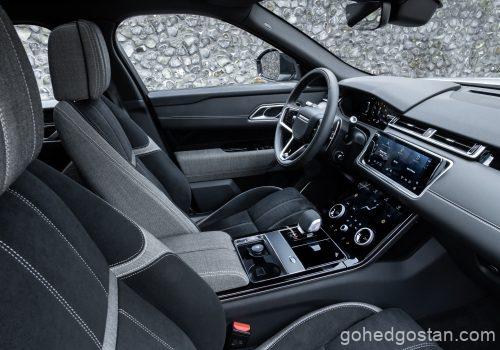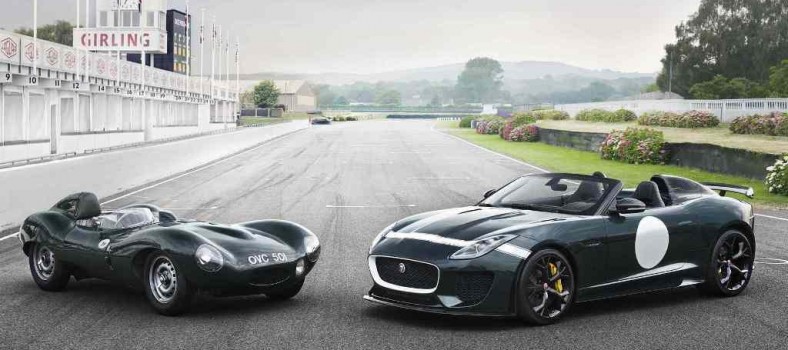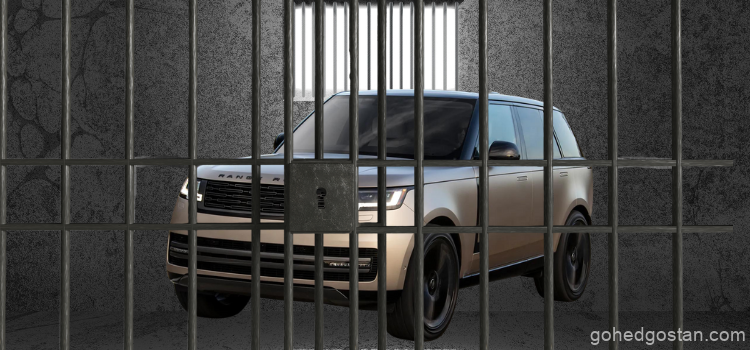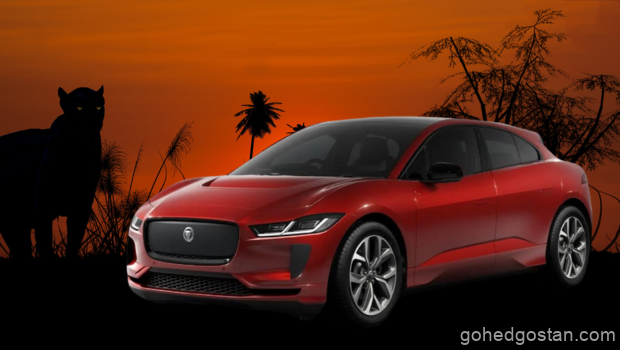Interior Jaguar Land Rover Masa Depan Akan Menggunakan Plastik Kitar Semula
Jaguar Land Rover akan melakukan pertarungan yang baik dalam masa terdekat. Mereka bekerja dengan ECONYL, yang merupakan sejenis Nylon yang dikembangkan dari sisa laut dan tapak pelupusan sampah. Secara khusus, model generasi akan datang akan menampilkan tikar lantai dan potongan trim yang diperbuat daripada gentian ECONYL ini.

Serat ECONYL berasal dari plastik industri kitar semula. Sisa kain, jaring ikan, dan lebihan plastik lain masuk ke dalam bahan ini.

Adakah ini bermaksud dalaman mereka akan bertambah baik dari segi ketahanan jangka panjang? Itu kita tidak tahu.

Kenyataan Media JLR
Jaguar Land Rover is working with ECONYL® nylon to develop high-quality interiors made from ocean and landfill waste.
Next-generation Jaguar and Land Rover models will feature floor mats and trims made with ECONYL® fibre from recycled industrial plastic, fabric offcuts from clothing manufacturers, fishing nets from the farming industry, and those abandoned in the ocean– known as ‘ghost nets’.
This commitment to designing sustainable luxury interiors using responsibly sourced and recycled materials is part of Jaguar Land Rover’s Destination Zero mission, with innovation helping to make environments safer and cleaner while offering customers a premium, sustainable option.
The ECONYL® regenerated nylon, created by Aquafil – a global leader in the synthetic fibres industry, has already been used by high-end fashion, sportswear and luxury watch brands to create handbags, backpacks, swimwear and watch straps.
The nylon waste is reclaimed by Aquafil from all over the world. In a single year, the company recycles as much as 40,000 tonnes of waste, with the recycling process reducing the global warming impact of nylon by 90 per cent compared with the material produced from oil. For every 10,000 tonnes of ECONYL® raw material produced, 70,000 barrels of crude oil are saved and 65,100 tonnes of carbon emissions equivalent are avoided.
Inside state-of-the-art treatment centres the waste is analysed, treated and prepared to feed into a chemical plant, where the nylon waste is broken to its original raw material using a chemical treatment process, known as depolymerization. The raw nylon material is then turned into the yarn, known as ECONYL®.
Throughout the process, other by-products such as non-nylon, metallic materials or copper sulphate which is used for preventing seagrass growing on fishing nets, are removed and sent to alternative industries for recycling.
The resulting ECONYL® regenerated nylon polymer has the same chemical and performance characteristics as raw fossil material, allowing it to be processed into a fibre for carpet flooring and textiles.
This yarn can then be used to manufacture floor mats for future Jaguar and Land Rover models with the goal of using more environmentally conscious and sustainable materials while still providing customers with a premium and hardwearing product. The process is helping Jaguar Land Rover move towards a circular economy as part of its journey to Destination Zero.
Earlier this year, Jaguar Land Rover was certified for the second consecutive year by the Carbon Trust, confirming business operations across the UK have met the internationally recognised standard for carbon neutrality, known as PAS 2060. Together, these UK based sites represent 77 per cent of Jaguar Land Rover’s global vehicle production.
Currently, Land Rover offers a premium Eucalyptus textile interior on Range Rover Evoque while Evoque, Range Rover and Jaguar’s all-electric I-PACE benefit from optional Kvadrat – a high-quality material that combines durable wool with a suede cloth made from 53 recycled plastic bottles per vehicle.







No Comment